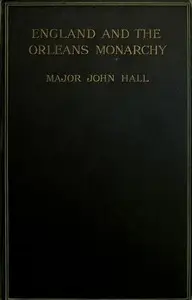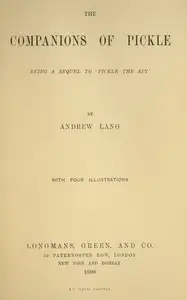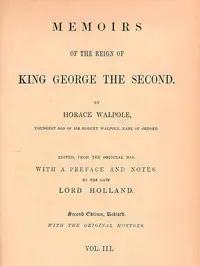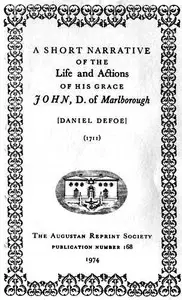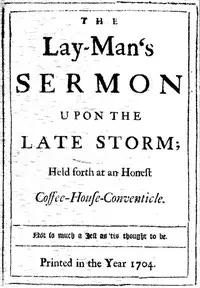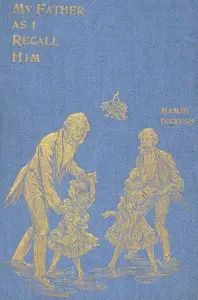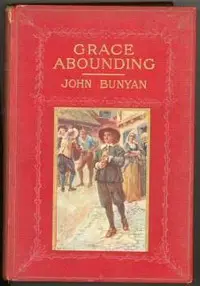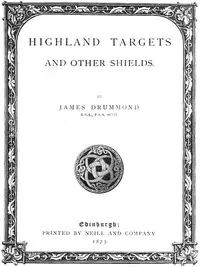"Atalantis Major" by Daniel Defoe is a political story set in the early 1700s after the Tory win in the 1710 election. Using a fictional island called Atalantis as a stand-in for Britain, the story uses satire to comment on the up and downs of politics during that time. It is about the election of Scottish leaders and tricky loyalties between political groups when Queen Anne ruled. The book uncovers big ideas about ruling, being loyal, and how politics and power play together. It tells the tale of the election of sixteen Scottish leaders to the House of Lords, showing the strong divide between the Tories and Whigs as they struggled for control. Characters like the Duke de Sanquarius and the Earl of Stairdale show what it means to be loyal and worthy, while others, like Prince of Greeniccio, are sneaky and want power. The story paints a picture of a worried nation, impacted by power games with those in charge facing hard choices and dealing with the results of their actions.

Atalantis Major
By Daniel Defoe
In a land of political games, the fate of a nation hangs in the balance as ambitious leaders clash, where loyalty is tested, and decisions carry heavy consequences.
Summary
About the AuthorDaniel Defoe was an English novelist, journalist, merchant, pamphleteer and spy. He is most famous for his novel Robinson Crusoe, published in 1719, which is claimed to be second only to the Bible in its number of translations. He has been seen as one of the earliest proponents of the English novel, and helped to popularise the form in Britain with others such as Aphra Behn and Samuel Richardson. Defoe wrote many political tracts, was often in trouble with the authorities, and spent a period in prison. Intellectuals and political leaders paid attention to his fresh ideas and sometimes consulted him.
Daniel Defoe was an English novelist, journalist, merchant, pamphleteer and spy. He is most famous for his novel Robinson Crusoe, published in 1719, which is claimed to be second only to the Bible in its number of translations. He has been seen as one of the earliest proponents of the English novel, and helped to popularise the form in Britain with others such as Aphra Behn and Samuel Richardson. Defoe wrote many political tracts, was often in trouble with the authorities, and spent a period in prison. Intellectuals and political leaders paid attention to his fresh ideas and sometimes consulted him.

